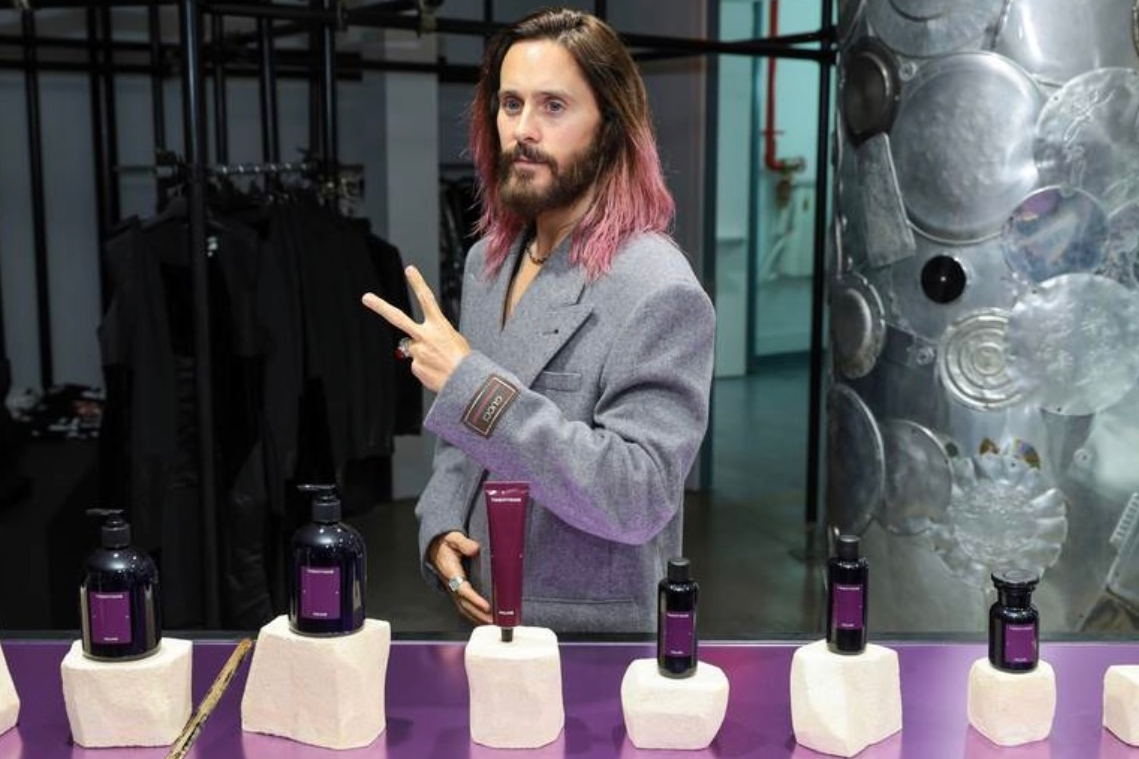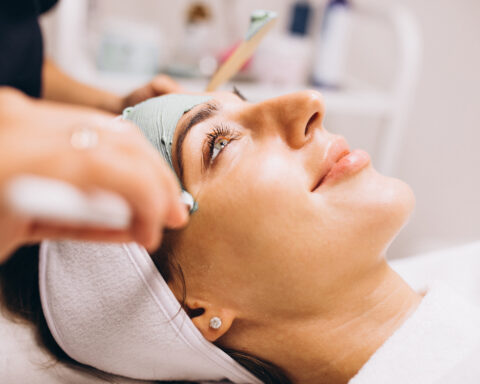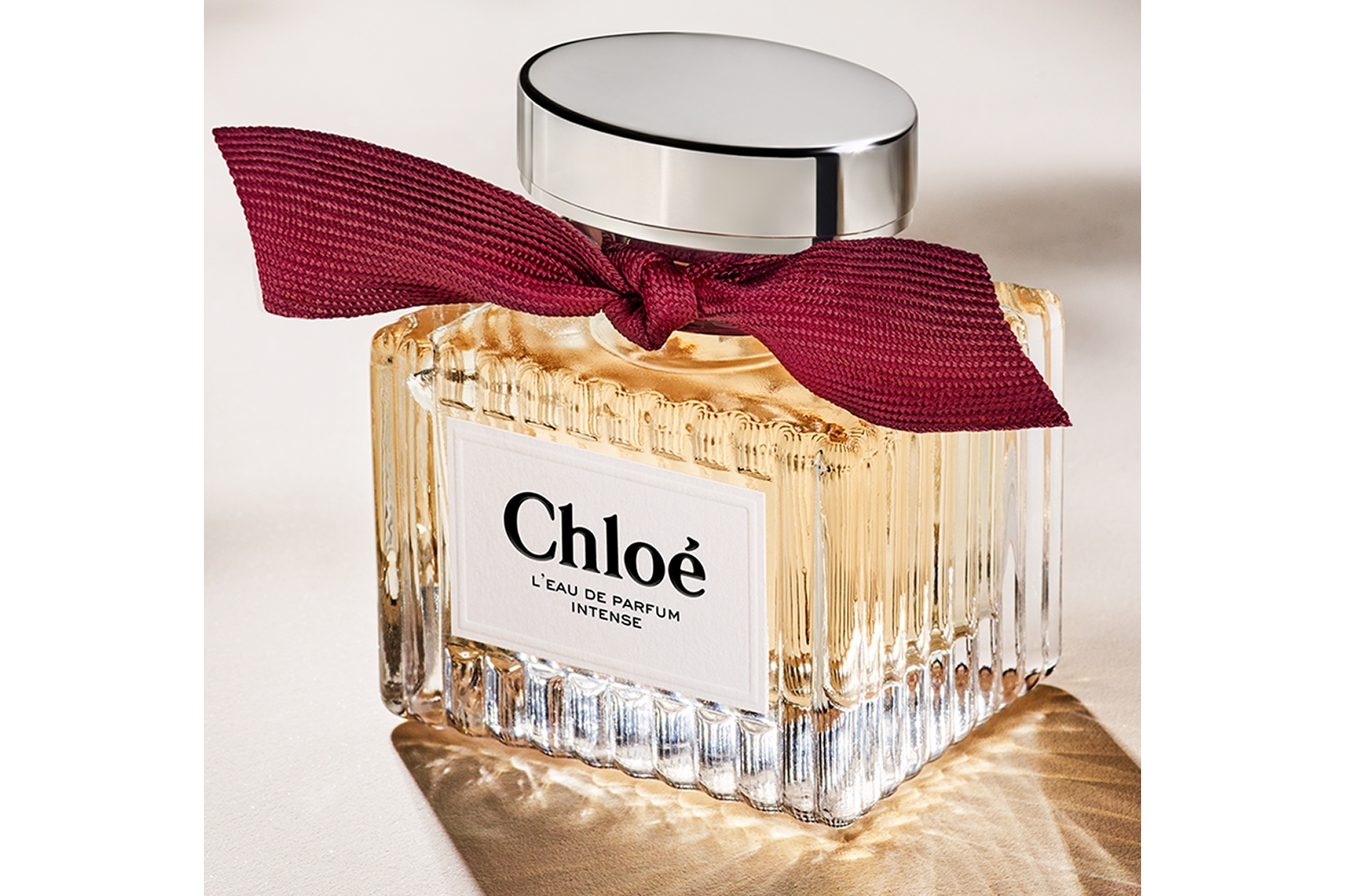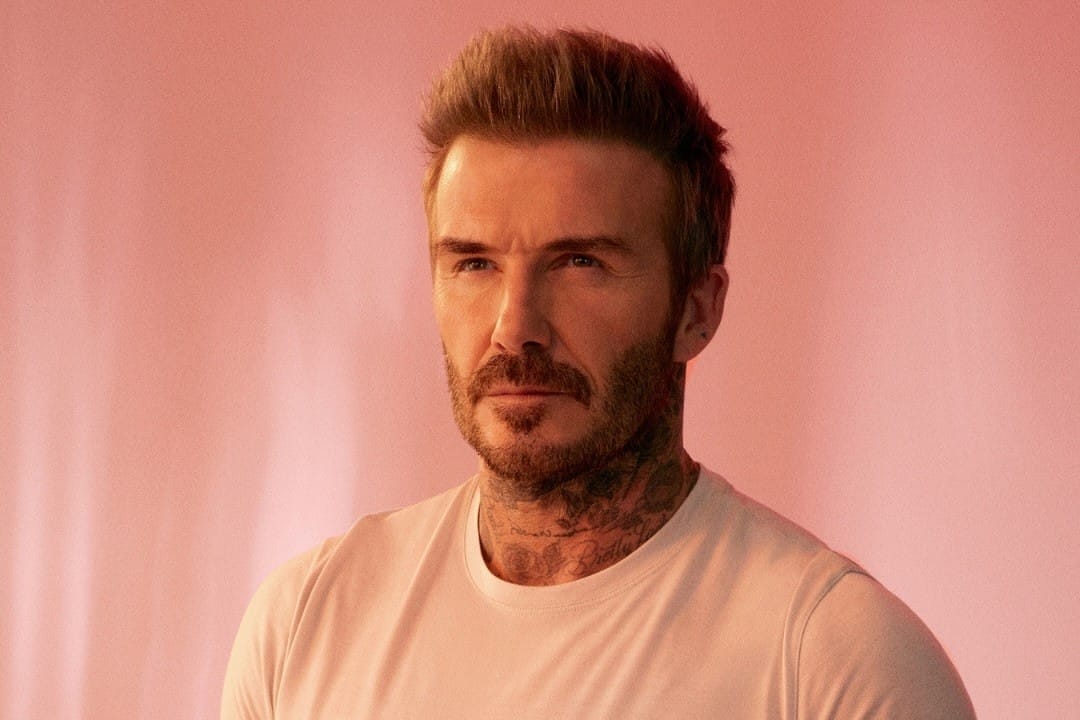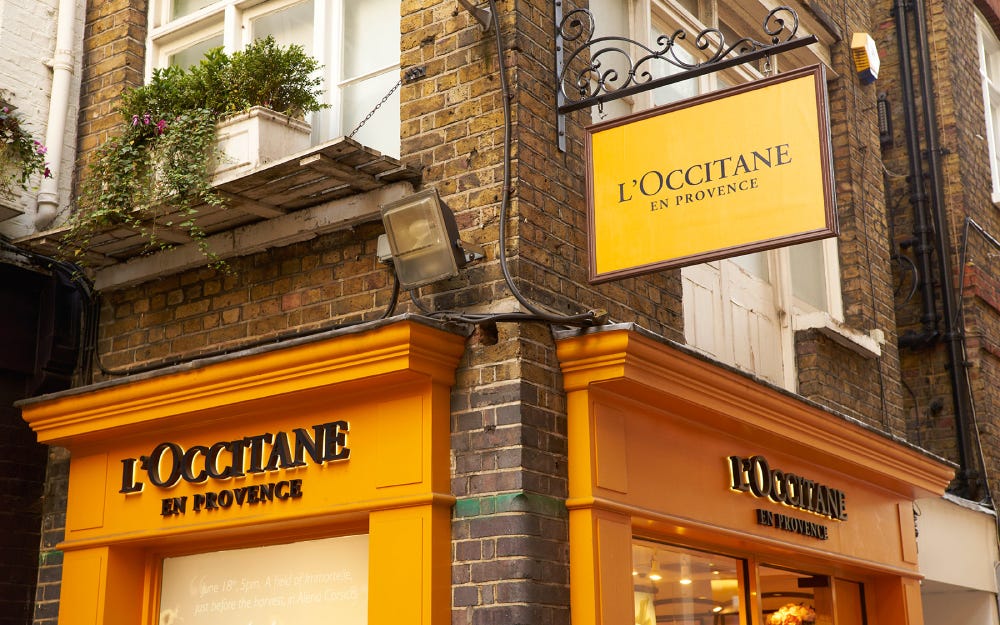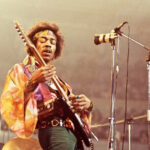The traditional notion that skincare and beauty are strictly for one gender is now being challenged with excitement and enthusiasm by a curious and progressive generation of purchasers. The American Academy of Dermatology acknowledges that while there may be differences in men’s and women’s skin, such as thickness and oil production, the fundamentals of skincare are universal, focusing on individual skin types and concerns like wrinkles, blemishes, and dark spots.
But it doesn’t stop there! Gen Z is also pushing for inclusivity in makeup, viewing it as a form of self-care and self-expression that knows no gender boundaries. They are advocating for beauty to be seen as a universal goal for everyone, regardless of gender.
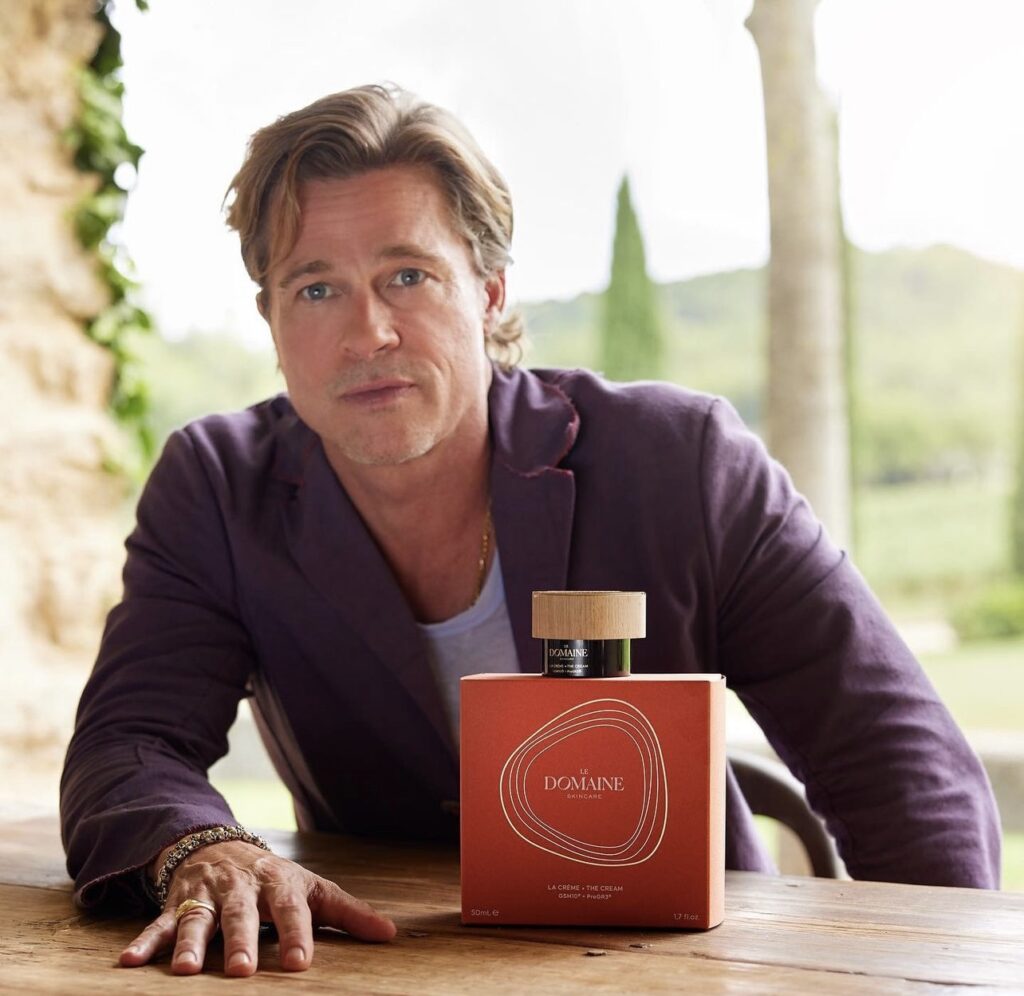
What’s even more inspiring is that younger businesses are already embracing gender fluidity in their DNA, incorporating diversity in their advertising and product packaging, and breaking free from outdated prejudices. Studies reveal that younger consumers have more open and inclusive views on masculinity and gender identity, as they challenge traditional gender norms and definitions.
Beauty brands with celebrity support have been steadily expanding, and it is evident that there is a never-ending growth of goods and lines that are shaking up the beauty market. From Rihanna’s innovative Fenty Beauty empire to Selena Gomez’s Rare Beauty, Ariana Grande’s R.E.M. Beauty to SKKN by Kim Kardashian, these celebrity beauty lines have gained immense popularity.
Notably, men have also begun entering the beauty industry with their skincare and makeup lines, and celebrities like Machine Gun Kelly and Harry Styles have amassed fortunes while forging entrepreneurial personalities in the beauty world.
In short succession, several celebrity beauty lines have been released. Travis Barker debuted CBD-infused skincare products through his wellness brand, while Jared Leto and businessman Jonathan Keren unveiled Twentynine Palms, collaborating with Kate Forbes of Aesop to create “products inspired by the majesty and myth of the desert.” Brad Pitt also revealed his anti-aging line, Le Domaine, in partnership with winemaker Marc Perrin, who also owns Pitt and Angelina Jolie’s vineyard, to harness the antioxidant power of their winery’s leftover grapes.
These beauty lines have hit the market at a time when the demand for men’s skincare products is on the rise. According to a July analysis from Future Market Insights, the global market value of the men’s skincare sector was approximately $13.5 billion in 2022 and is anticipated to rise to $28.3 billion by 2029. Research suggests that the rise of men’s beauty, especially with celebrity support, is due to a shift in societal norms. In previous generations, it was difficult to get men to use more than basic toothpaste, body wash, or hair products. However, efforts to demonstrate to men that their involvement in beauty does not have to stop at aftershave have created a more welcoming environment and raised questions about why beauty products are gendered in the first place.
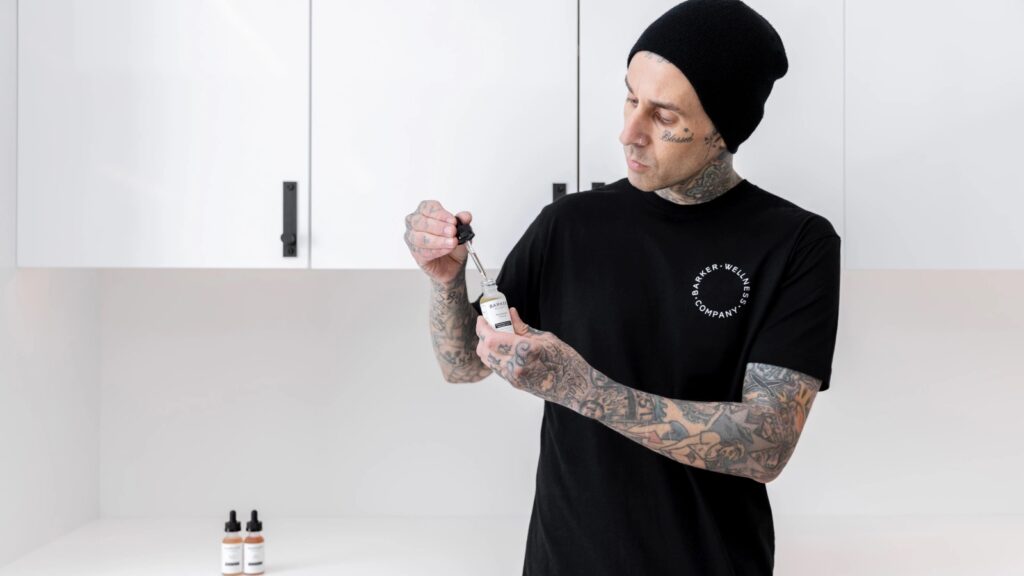
The current trend clearly states that men can still maintain their masculinity while taking care of themselves, which is why more male celebrities are showing interest in consumer goods and starting their own beauty brands. The rise of male celebrity beauty lines can also be attributed to other factors, such as the increasing acceptance of men wearing makeup and the overall growth of the beauty industry. Endorsing male celebrities can also bring attention and credibility to the products, especially among younger consumers.
Another factor contributing to the rise of male celebrity beauty lines could be the novelty and uniqueness of seeing male celebrities launch beauty lines, which creates buzz and generates interest from fans and consumers. This novelty factor also helps to challenge traditional gender norms and break down barriers in the beauty industry, reflecting a larger cultural shift towards inclusivity and gender fluidity. In conclusion, the expansion of beauty brands with celebrity support, particularly in the men’s beauty sector, reflects a changing landscape in the beauty industry driven by inclusivity, acceptance, and shifting gender norms. The rise of male celebrity beauty lines brings attention, credibility, and novelty to the market, creating a significant impact on the industry and consumer preferences.
